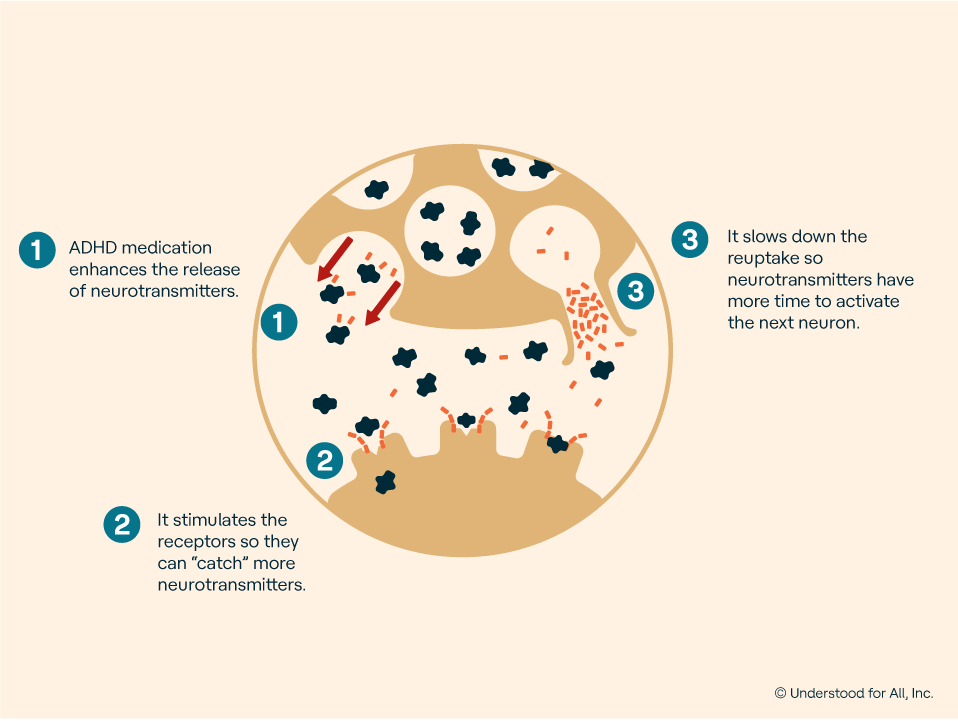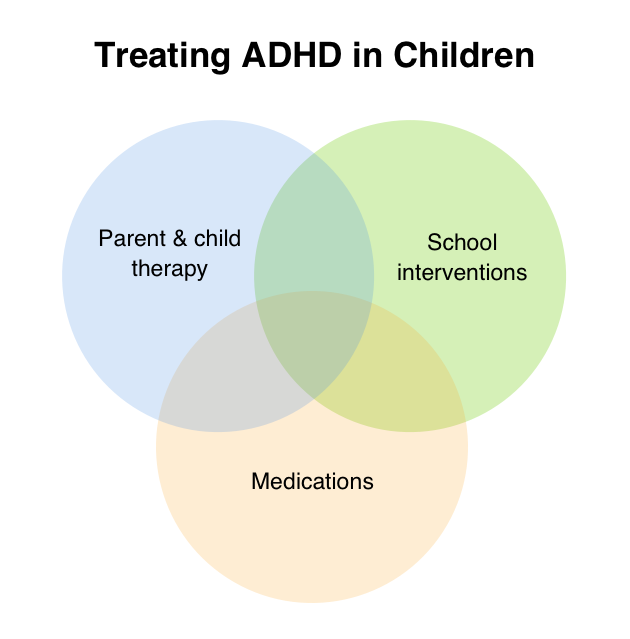The Advantages of Tailored ADHD Therapy Prepare For Better Outcomes
The application of personalized ADHD therapy plans has arised as an essential strategy in boosting therapeutic outcomes for individuals affected by this condition (ADHD treatment). By identifying the distinct indications of ADHD in each person, these personalized treatments advertise greater engagement and inspiration, inevitably leading to much more reliable coping strategies.
Comprehending ADHD Irregularity
Although Attention-Deficit/Hyperactivity Condition (ADHD) is typically perceived as a singular problem, its indications can vary substantially amongst individuals. This irregularity is affected by a series of factors, consisting of age, sex, existing together problems, and ecological contexts. As an example, kids with ADHD may display hyperactive habits, while grownups might primarily battle with interest deficiencies. Gender distinctions also play a function, as men are a lot more often identified with ADHD and frequently display more overt signs, whereas women may present with less obvious inattentiveness.
Moreover, individuals with ADHD may experience a spectrum of emotional and behavior challenges, such as anxiety or opposite defiance, that can complicate medical diagnosis and treatment. The interaction of these factors can bring about diverse experiences of ADHD, demanding a nuanced understanding of the condition. It is also worth keeping in mind that ADHD can offer in different ways across numerous cultural contexts, affecting exactly how signs and symptoms are acknowledged and addressed. This understanding underscores the relevance of recognizing ADHD as a multifaceted problem, which calls for customized approaches to therapy that take into consideration the one-of-a-kind needs and experiences of each individual.
Key Parts of Customization
Personalized ADHD therapy strategies are grounded in a number of key elements that make certain reliable management of the disorder. First, a detailed analysis is critical, involving standardized rating scales, interviews, and behavioral monitorings. This extensive examination permits clinicians to recognize the person's one-of-a-kind signs and symptoms, toughness, and difficulties.
Second, the participation of numerous stakeholders, consisting of parents, teachers, and the person, adds to an all natural sight of the person's requirements. Partnership fosters a supportive setting that can adjust to the individual's context and lifestyle.
Third, therapy plans need to be adaptable and adaptable, allowing for alterations based on recurring responses and the individual's evolving needs. This adaptability makes it possible for the integration of numerous restorative approaches, such as behavior interventions, psychoeducation, and drug management.
In addition, cultural and contextual factors have to be taken into consideration. Acknowledging the person's background, values, and choices makes sure that the therapy matters and considerate.
Finally, normal follow-ups and evaluations are necessary to keep an eye on progression and make needed changes. By concentrating on these crucial parts, customized ADHD therapy plans can substantially enhance the effectiveness of treatments, bring about improved outcomes for individuals with ADHD.
Improved Involvement and Motivation
To properly advertise boosted engagement and motivation in people with ADHD, try here it is necessary to look at here integrate approaches that reverberate with their interests and strengths. Customized treatment strategies that line up with a person's interests can bring about increased participation in therapeutic activities, fostering a sense of possession and enthusiasm for the process.
Using interactive and creative approaches can also dramatically enhance motivation. Integrating gamification aspects or real-world applications of skills can make tasks extra enticing and pertinent. This not only captures focus yet likewise strengthens learning through enjoyable experiences.
Moreover, establishing attainable and significant objectives tailored to the person can strengthen motivation. When individuals see their progression in the direction of personally considerable goals, they are most likely to stay engaged. Normal comments and recognition of success can further receive inspiration, creating a favorable comments loop that motivates continued initiative.
Finally, promoting a supportive setting where individuals really feel comprehended and valued can considerably influence their interaction levels. When therapy plans are created collaboratively, integrating input from the person, they are a lot more most likely to feel purchased their journey, inevitably bring about enhanced end results in managing ADHD.
Improved Coping Approaches
Developing boosted dealing techniques is important for individuals with ADHD, as it furnishes them with reliable tools to browse day-to-day challenges. A tailored treatment strategy allows for the identification of certain coping mechanisms tailored to the person's unique requirements and situations - ADHD treatment. Strategies such as mindfulness, time management skills, and organizational methods can be incorporated right into daily routines, cultivating a sense of control and decreasing stress and anxiety
Mindfulness techniques, consisting of reflection and deep-breathing workouts, aid people with ADHD focus their interest and control their feelings. Time administration approaches, such as making use of timers or damaging jobs right into smaller sized, workable steps, can alleviate feelings of overwhelm. Furthermore, business tools like coordinators and checklists can boost efficiency and accountability.
Lasting Positive Outcomes
Executing individualized ADHD treatment plans can cause considerable lasting favorable results for people. These tailored techniques, which take into consideration unique symptoms, choices, and life scenarios, assist in a lot more reliable administration of ADHD signs over time. By concentrating on the details requirements of the individual, these strategies improve adherence to treatment methods and foster better engagement in therapeutic tasks.

Furthermore, personalized therapy plans can dramatically minimize the risk of comorbid problems, such as stress and more anxiety and clinical depression, which are often linked with ADHD. Early treatment and constant assistance help people build durability and coping techniques, advertising total psychological health.
Eventually, the lasting favorable outcomes of customized ADHD therapy plans not only enhance the lifestyle for people yet also add to their general wellness and success in different life domain names. This all natural strategy underscores the importance of individualized care in handling ADHD successfully.
Conclusion
